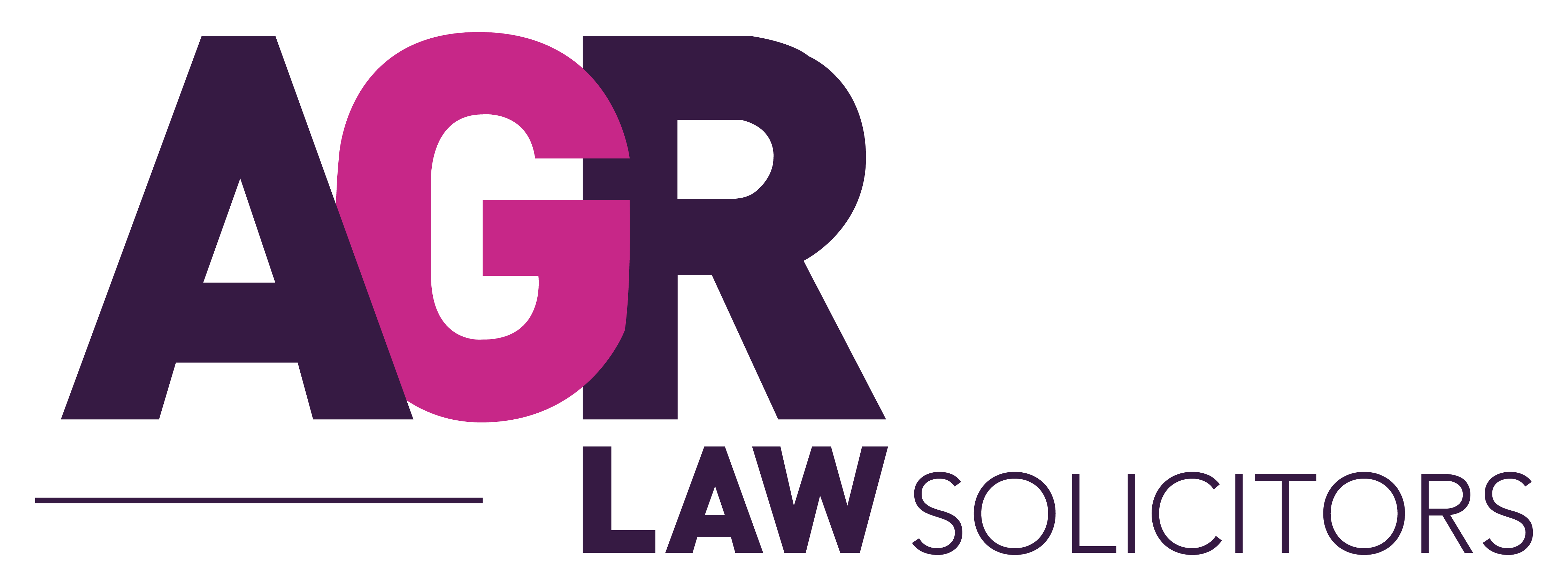Our last two blogs talked about travelling to the UK, but what about the other way around?
We take you through the key points for residents wishing to travel to the EU, Switzerland, Norway, Iceland or Liechtenstein for business, to study or for a holiday.
First things first
Regardless of your reasons for travelling, you will still need a valid passport, travel insurance that covers healthcare and, if you intend to drive, the correct documents. You will also need to make arrangements if you want to take pets with you as pet passports are no longer in use.
To be deemed valid, your passport will need to be less than 10 years old and have more than six months left before expiry, unless you are travelling to Ireland where you can continue to use your passport as long as it is valid for the length of your stay.
Burgundy-coloured EU passports are still acceptable but, when you come to renew it, you will be issued with a dark blue UK passport.
Healthcare entitlement for emergencies and pre-existing conditions varies. Although no replacement for taking out the correct insurance, having a European Health Insurance Card (EHIC – being phased out) or Global Health Insurance Card (GHIC – replacing EHIC) allows you to get free or reduced cost medical care in some countries.
- GHIC and EHIC can be used in most EU countries
- GHIC and EHIC cannot be used in Norway, Iceland, Liechtenstein or Switzerland
- You can access treatment in Norway using a valid UK passport
We advise thoroughly checking the latest advice for the country you need to travel to HERE before you travel.
Travelling for business
There are a few extra things you will need to do if you are travelling for work, but there are no hard and fast rules as the documentation you need depends on the nature and length of your visit, and where you are travelling to.
Attending meetings and conferences, providing services (even with a charity), touring for art or music and taking goods to sell (even if they are a small amount or you are selling them to someone you know or are related to) are all classed as business travel. Generally speaking:
- If you are staying for fewer than 90 days in a 180-day period, you may be able to do some things without getting a visa or work permit
- If you are staying for more than 90 days in a 180-day period, you are likely to need a visa, work permit or other documentation
You may also need a visa, work permit or other documentation if you are:
- Transferring from the UK branch of a company to a branch in a different country even for a short period of time. This is called an intra-corporate transfer
- Carrying out contracts to provide a service to a client in another country in which your employer has no presence
- Providing services in another country as a self-employed person
Other points to consider if you are planning to work abroad
- Your qualifications may not be recognised outside of the UK
- You may need to tell the HMRC about your change of circumstances
- You may need to pay social security contributions in the country you are working in
- You may need indemnity insurance
- You will need to declare if you are taking £10,000 or more in cash with you
Travelling to study
There are plenty of personal and academic reasons to study abroad, including possible reduced costs, high-quality provision (six out of the top ten worldwide ranked universities are abroad) and making your CV stand out from the crowd.
Like travelling for business, what you need to do varies greatly. There are also different procedures for those planning to travel to do part of a course with a UK higher education provider and those doing a whole course at higher education with a provider in the EU.
Here are a few points to consider:
- You will need a valid passport as described previously
- You may need a visa and, for some countries, a residence permit
- You may need to open a local bank account or set up online and telephone banking with a UK-based bank. If you choose to stay with your current bank, check their charges
- Look into pre-loaded currency cards
- Don’t get caught out by roaming charges on your mobile phone
- You may need to let authorities in your chosen country know that you intend to study there, and you will need to be mindful that there are strict timescales for doing so. They are likely to ask you for your passport, a valid health insurance certificate and proof of enrolment at your host course provider
- If you are enrolling on a course abroad, you will need to have even more documents in place in addition to those listed above. This may include notification of admission or the offer letter, original (or copies) of your entry qualification certificates, including any language exams you may have had to take
- Do some research on the Foreign and Commonwealth Office (FCO) website to find out about vaccinations, health issues and safety precautions
Going on holiday
COVID aside, there are just a few changes to face when travelling to the EU for a holiday or short break.
When you arrive at your destination, you may be asked to produce your return ticket and proof that you have enough money to last your holiday. You may also need to use a different lane when queuing.
The amount of duty-free goods you are able to buy for personal use or gifts has increased.
If you need help with any matter relating to immigration or travel, get in touch and our friendly, experienced team will be happy to help. You can call us on 0116 340 0094 or email hello@agrlaw.co.uk

